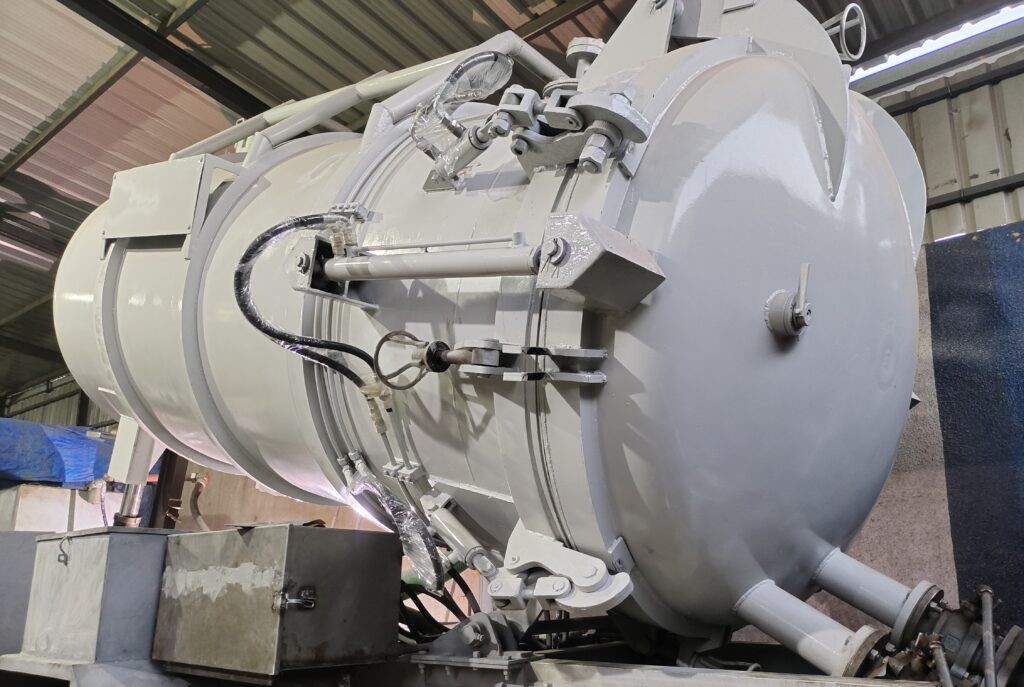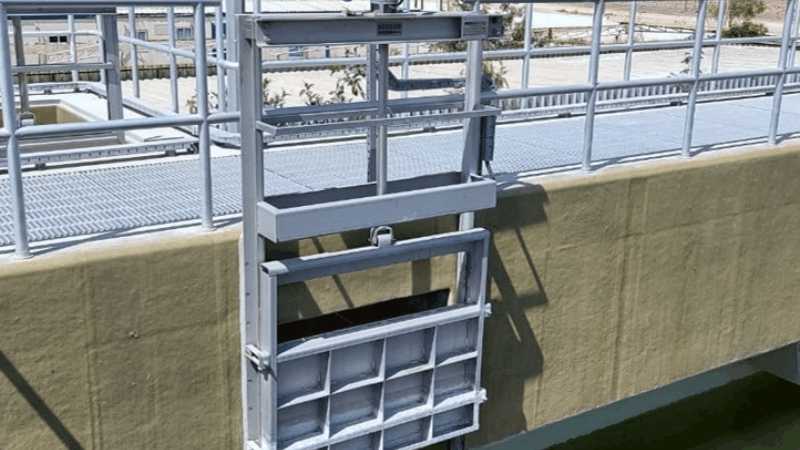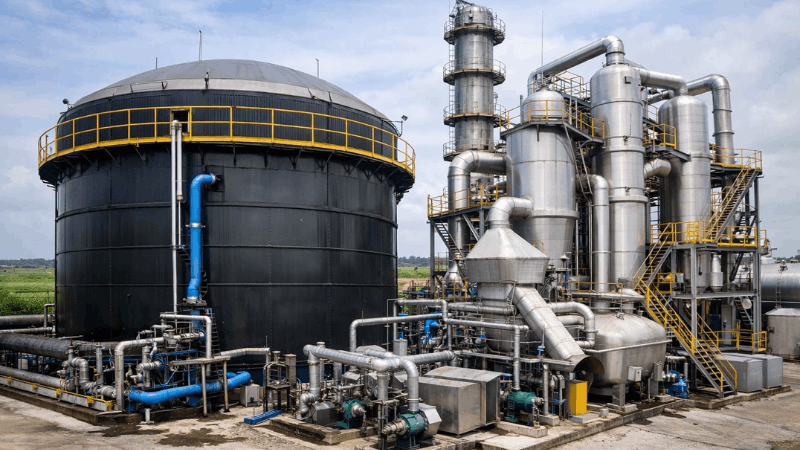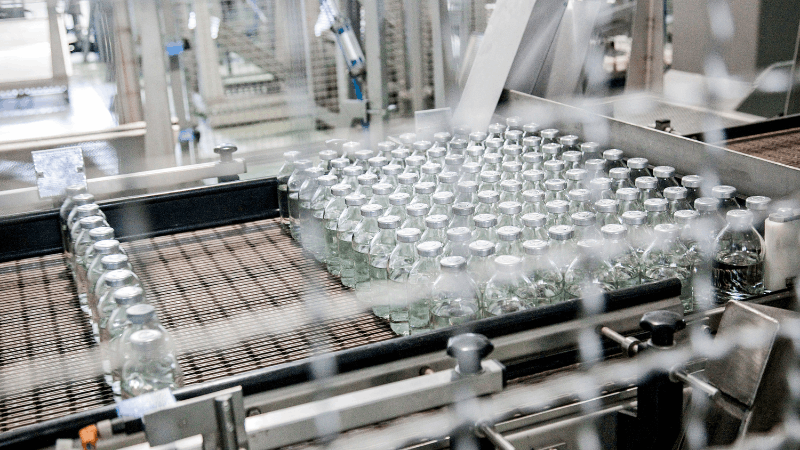Mobilizing for Efficiency: How Mobile Oil Spill Recovery Units Save Time and Costs

In the face of environmental emergencies such as oil spills, whether on land or in water, time is of the essence. The ability to respond swiftly and efficiently can mean the difference between a contained incident and a widespread environmental disaster. This is where mobile oil spill recovery units (MRUs) are pivotal. These units, designed for rapid deployment and mobility, offer unmatched flexibility and accessibility, allowing response teams to reach spill sites quickly, even in remote or challenging locations. We will explore why MRUs are indispensable in emergency response operations and how they contribute to minimizing damage across diverse terrains.
Why is Mobility Crucial for Effective Oil Spill Response Operations?
Mobility is crucial for effective oil spill response operations because it enables rapid deployment and quick response to incidents, which is vital in minimizing the spread of contaminants and reducing environmental damage. Mobile units can reach spill sites faster, ensuring that containment and recovery efforts begin promptly. Additionally, mobility allows access to remote and challenging locations, such as offshore waters, rugged terrains, or industrial areas, where fixed or large equipment may struggle to operate efficiently. The flexibility ensures that response teams can tackle spills effectively regardless of the location, leading to faster containment and lower overall cleanup costs.
Key Features of Mobile Recovery Units (MRUs)
Mobile recovery units for oil spill response are designed to be versatile, efficient, and capable of responding quickly to spills in various environments. Key features include:
- 1. Portability: MRUs are easy to transport by road, sea, or air, and their components can be assembled and disassembled rapidly for deployment.
- 2. Versatility: These units operate effectively on land and water. They support various skimmers, pumps, and storage options.
- 3. Rapid Deployment: The design enables fast assembly and quick operations. The pre-packaged kits include all necessary tools and accessories for immediate use.
- 4. Storage and Transport: MRUs allow temporary storage of recovered oil and can be tailored to specific spill response scenarios.
- 5. Environmental Compliance: They meet international and local environmental standards, ensuring eco-friendly operations.
Cost-Reduction Benefits of MRUs
Using MRUs can significantly reduce costs across various aspects of oil spill cleanup by enhancing efficiency, reducing labor, and minimizing environmental impact. Key cost-saving benefits include:
- 1. Scale of the Spill:
- • For small to medium spills, MRUs prevent escalation by containing and recovering oil swiftly, reducing cleanup volumes and costs.
- • In large spills, MRUs accelerate the process and minimize resource use by complementing other recovery efforts.
- 2. Location:
- • Offshore MRUs reduce costs by providing immediate recovery, minimizing the need for large vessels and extensive logistics.
- • Coastal and onshore MRUs quickly mitigate contamination, resulting in cost reduction associated with cleaning extensive areas.
- 3. Environmental Sensitivity:
- • In sensitive ecosystems, MRUs reduce the need for costly, complex cleanup by containing spills before they spread.
- • In urban or industrial areas, MRUs limit damage to infrastructure, reducing cleanup and restoration costs with quick containment.
- 4. Process Efficiency:
- • Efficient recovery reduces reliance on dispersants and bioremediation, cutting down on expensive and time-consuming processes.
- 5. Long-Term Remediation:
- • MRU helps lower residual oil, thereby reducing long-term remediation and monitoring costs. They also restrict widespread contamination, decreasing restoration expenses.
- 6. Legal and Compensation Costs:
- • Quick containment reduces impacts on communities and ecosystems, potentially lowering fines, penalties, and compensation claims.
Mobile oil spill recovery units (MRUs) are invaluable assets in the swift and efficient management of oil spills. The mobility, versatility, and advanced features enhance the response efficiency and significantly reduce the environmental and economic impacts of oil/chemical spills. By integrating MRU into oil spill response strategies, organizations can ensure quicker containment, lower cleanup costs, and better protection of sensitive ecosystems. Ultimately, MRUs lead to more sustainable and cost-effective environmental stewardship, making them an integral part of modern spill response.
Frequently Asked Questions (FAQs)
Q.1 What regulations govern the use of oil spill equipment in different regions?
A. Oil spill equipment is regulated by local, national, and international laws, including the EPA, IMO, and OSRO guidelines.
Q.2 What training is required for personnel operating oil spill recovery equipment?
A. Personnel operating oil spill recovery equipment require training in safety protocols, equipment operation, environmental regulations, and spill response procedures.





